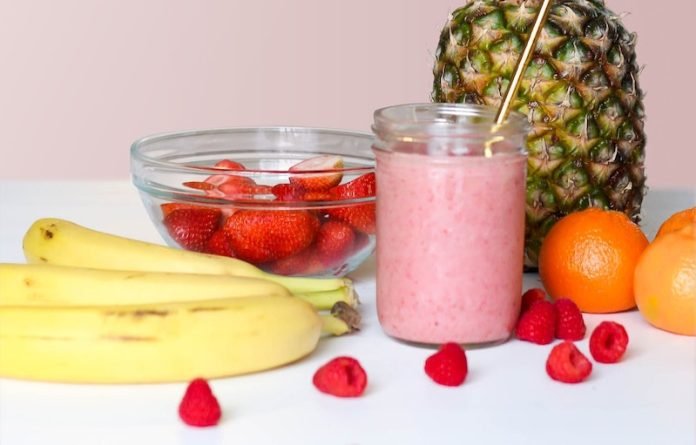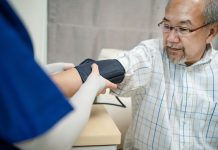
In a recent study, researchers found that long-term drinking of lingonberry juice lowers high blood pressure and improves the function of blood vessels.
Many people develop elevated blood pressure, even hypertension and functional disturbances in blood vessels related to inflammation.
In addition to drug therapies, nutrition has a key role in the management of these disorders.
Scientists have shown that polyphenol-rich food reduces the risk of heart disease and high blood pressure.
Lingonberry, bilberry, cranberry, and blackcurrant are excellent sources of polyphenols.
In the study, researchers examined the effects of cold-pressed lingonberry juice, cranberry juice, and blackcurrant juice as drinking fluid for 8-10 weeks on rats with high blood pressure.
They found that diluted lingonberry juice strongly lowered high blood pressure while juice that contained more polyphenols improved impaired blood vessel function to the level of healthy vessels.
The juice did not prevent the age-related elevation of blood pressure typical of the hypertensive animal strain.
The team says lingonberry juice prevented the expression of genes linked to low-grade inflammation in the aorta. The effect of other berry juices was weaker.
The underlying effect is probably the reduction of low-grade inflammation as well as mechanisms related to the renin-angiotensin system, a central regulator of blood pressure, and the availability of nitric oxide.
The researchers suggest that lingonberry juice is no substitute for medication, but it is a good dietary supplement.
If you care about blood pressure, please read studies about a major cause of high blood pressure, and the most used method of measuring blood pressure is often inaccurate.
For more information about blood pressure, please see recent studies that black tea may strongly reduce blood pressure, and results showing these high blood pressure drugs may increase heart failure risk.
The study was conducted by Anne Kivimäki et al.
Copyright © 2022 Knowridge Science Report. All rights reserved.



